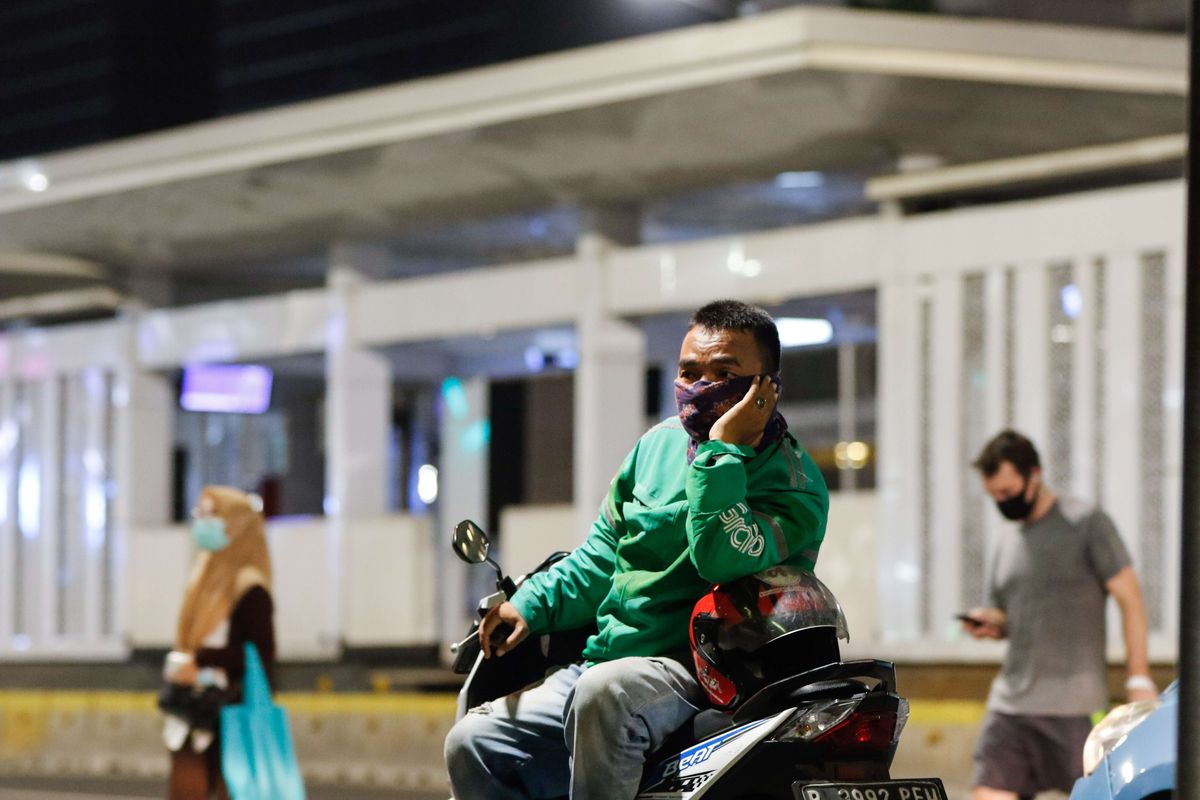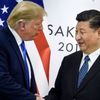TPP Members Tackle Protectionism to Prevent Food and Medicine Shortages

MONTERREY, KOMPAS.com – The Trans-Pacific Partnership bloc members have agreed to fight protectionism and cooperate in addressing the coronavirus pandemic by ensuring that there are no food and medicine shortages.
The joint statement on the matter was published on Wednesday.
"We strongly believe that given the current circumstances, it is more important than ever to counter protectionism," said the statement, released after a virtual ministerial meeting of the 11 members hosted by Mexico.
Read also: Indonesia's Trade Talks Must Go On amid Pandemic: Trade Ministry
The Trans-Pacific Partnership group also voiced its support to modernize the World Trade Organization (WTO) and the entry of new members into the TPP bloc.
The Comprehensive and Progressive Agreement for Trans-Pacific Partnership (CPTPP), comprises Australia, Brunei, Canada, Chile, Japan, Malaysia, Mexico, New Zealand, Peru, Singapore and Vietnam.
Together they have a combined economy of $13.5 trillion.
The pandemic has exacerbated a trend towards protectionism on the global stage, with a number of European countries taking steps to favor domestic investments and ongoing saber-rattling between the United States and China.
Read also: UK and Indonesia to Complete Joint Trade Review in December
Lockdowns around the world temporarily shattered the web of suppliers central to modern manufacturing.
"I am convinced we must take action to strengthen existing regional supply chains and to develop new ones" in the face of the coronavirus pandemic, Mexican economic minister Graciela Marquez said in her speech that inaugurated the meeting.
The joint statement, issued by the Mexican economy ministry, said open and connected supply chains play "an instrumental role in avoiding food shortages and ensuring global food security".
The members pledged to "facilitate the flow of essential goods and services during the pandemic, including medical supplies and equipment".
21st Century Issues
The statement said the WTO should demonstrate an ability to deliver "outcomes on 21st century issues", in an apparent dig at the global trade organization's more than decade-long deadlock in trade negotiations.


































